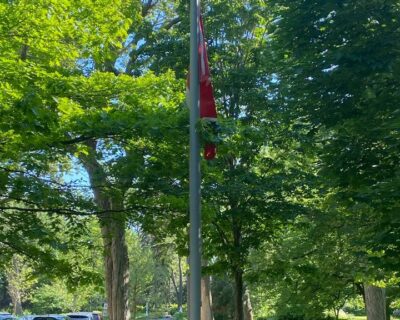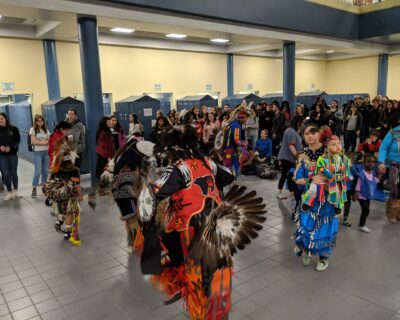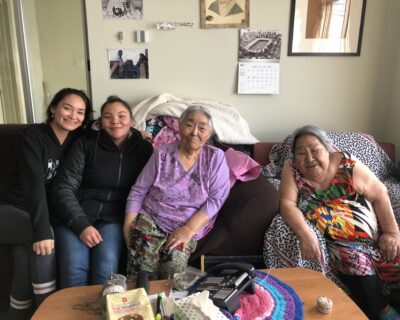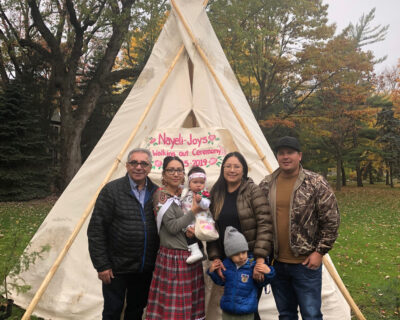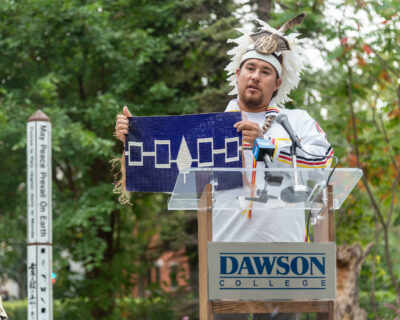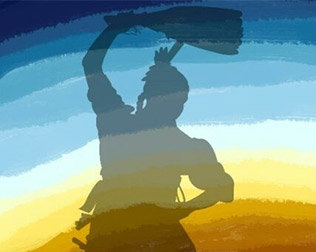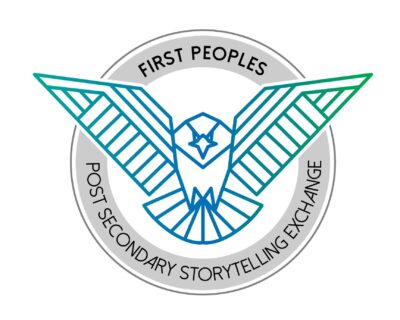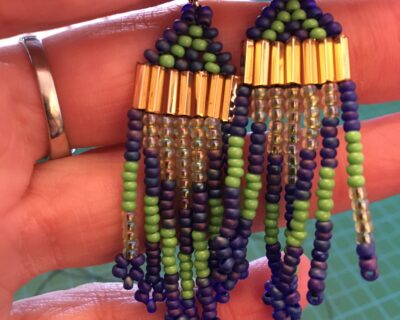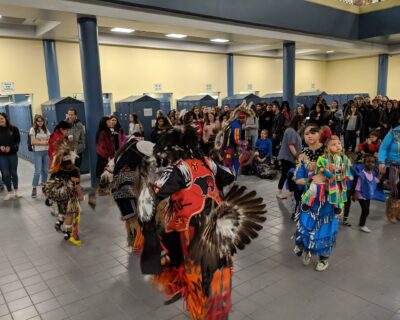Monday, March 29:
10 a.m.: Traditional Opening with elder Otsi'tsaken:ra Patton
various time slots available for reservation: Storytelling with Sam Ojeda, Honouring the Red Road. Sam is Yoreme from the North West of Mexico. Sam is a multi-talented artist, a storyteller, a traditional dancer, a ceremonialist, a social worker, a painter, and a musician.
1 - 2:30 p.m. Indigenous Fashion and Arts, a roundtable with Ceder Eve Peters and Louisa B. Saganash. Moderated by Dayna Danger.
2:30 to 4 p.m.: Indigenous Voices in Academic Writing with Charlie O'Connor.
3 p.m.: Paint Night hosted by Carmen Joseph, a Cree artist from Big River Saskatchewan. Supplies will be provided to student participants.
March 29 (4-6 p.m.)-30 (3-5 p.m.)-31 (10 a.m. to 12 p.m.): From Trees to Weaves. "As a 19-year-old Mi’kmaq student, I am proud and thrilled to share my culture with others. I will present a 30-minute video tutorial demonstrating how to craft traditional Mi’kmaq black ash baskets, with a focus on the historical significance and the importance for young Indigenous peoples to continue their cultural practices."
Tuesday, March 30:
11:30 am to 1 p.m.: Pow Wow Dance workshop with Barbara Diabo
1 to 2:30 p.m.: Daphne Art Centre presentation featuring Lori Beavis. Daphne is the first Indigenous run art centre in Tiohtiá:ke (Montreal), it is named after the late artist Daphne Odjig.
2:30 to 4 p.m.: Immigrant Settler Responsibilities to Indigenous Peoples in the time of Reconciliation hosted by the Dawson Peace Centre.
Wednesday, March 31:
10 a.m. to 12 p.m.: Introduction to Kanien'kehá:ka ceremonies and worldview with Aronhiaes Herne.
2:30 p.m.: Screening of Rustic Oracle in the presence of Kanienkehaka Director Sonia Bonspille Boileau and actor and Cinema | Communications student McKenzie Deer Robinson. Set in the late 90s, Rustic Oracle is a dramatic feature about Ivy, an 8-year-old girl trying to understand what happened to her big sister who has vanished from their small Mohawk community. With minimal clues, Ivy and her mother Susan embark on an unwelcome journey to find Heather which ultimately brings the pair closer together despite challenging circumstances. Behind the story of desperation, told through the eyes of a child, lies one of hope, growth, awakening and love. The film was shot in Rustic Oracle was filmed in Kanesatake.
6 - 7 p.m.: Prairie Fire is a Métis Cultural Family dance group performance. Learn the Métis jig with the dance group who shows audiences how to dance through live teaching during their performances. All of the dancers, Hunter, Riley, and Jacob are siblings, and their mother is Jaime Morse who helped them get started in the performing arts.
Thursday, April 1:
11:30 a.m. to 1 p.m.: First Peoples' Post-Secondary Storytelling Exchange (FPPSE) presentation featuring Pasha Partridge, Alexandrea Matthews, and Kahawishon Horne.
2:30 to 4 p.m.: Traditional closing with Otsi'tsaken:ra Patton
4 p.m. to 5:30 p.m.: Virtual Comedy Show featuring Tai Leclaire (Dawson's Class of 2009, Professional Photography), a Kanienkehaka and Mi'kmaq actor, writer, comedian from Kahnawà:ke, Quebec. He is a writer for the upcoming NBC Peacock sitcom Rutherford Falls.
Click Read More to register for the events.
